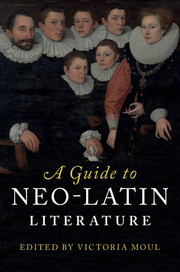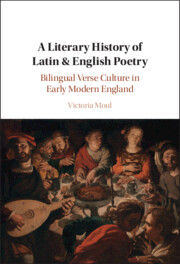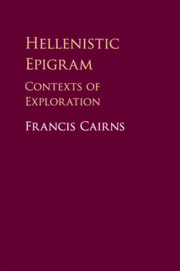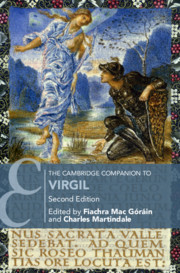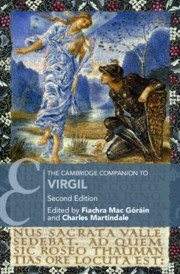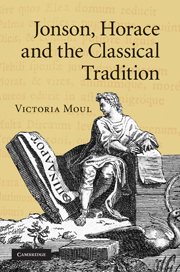A Guide to Neo-Latin Literature
Latin was for many centuries the common literary language of Europe, and Latin literature of immense range, stylistic power and social and political significance was produced throughout Europe and beyond from the time of Petrarch (c.1400) well into the eighteenth century. This is the first available work devoted specifically to the enormous wealth and variety of neo-Latin literature, and offers both essential background to the understanding of this material and sixteen chapters by leading scholars which are devoted to individual forms. Each contributor relates a wide range of fascinating but now little-known texts to the handful of more familiar Latin works of the period, such as Thomas More's Utopia, Milton's Latin poetry and the works of Petrarch and Erasmus. All Latin is translated throughout the volume.
- The first full-scale guide to focus specifically on neo-Latin literature, accessible to all scholars and students, even if they do not know Latin
- Combines chapters on individual literary forms with others on themes and topics of common importance
- Provides advice on accessing and using manuscript and early printed sources, as well as a uniquely detailed bibliography of the available secondary literature
Product details
February 2017Hardback
9781107029293
516 pages
235 × 160 × 32 mm
0.86kg
2 b/w illus.
Available
Table of Contents
- Introduction: neo-Latin literature Victoria Moul
- Part I. Ideas and Assumptions:
- 1. Conjuring with the classics: neo-Latin poets and their pagan familiars Yasmin Haskell
- 2. Neo-Latin literature and the vernacular Tom Deneire
- 3. How the young man should study Latin poetry: neo-Latin literature and early modern education Sarah Knight
- 4. The republic of letters: across Europe and beyond Françoise Waquet
- Part II. Poetry and Drama:
- 5. Epigram Robert Cummings
- 6. Elegy L. B. T. Houghton
- 7. Lyric Julia Haig Gaisser
- 8. Verse letters Gesine Manuwald
- 9. Verse satire Sari Kivistö
- 10. Pastoral Estelle Haan
- 11. Didactic poetry Victoria Moul
- 12. Epic Paul Gwynne
- 13. Drama Nigel Griffin
- Part III. Prose:
- 14. Approaching neo-Latin prose as literature Terence Tunberg
- 15. Epistolary writing Jacqueline Glomski
- 16. Oratory and declamation Marc van der Poel
- 17. Dialogue Virginia Cox
- 18. Shorter prose fiction David Marsh
- 19. Longer prose fiction Stefan Tilg
- 20. Prose satire Joel Relihan
- 21. Historiography Felix Mundt
- Part IV. Working with Neo-Latin Literature:
- 22. Using manuscripts and early printed books Craig Kallendorf
- 23. Editing neo-Latin literature Keith Sidwell.

